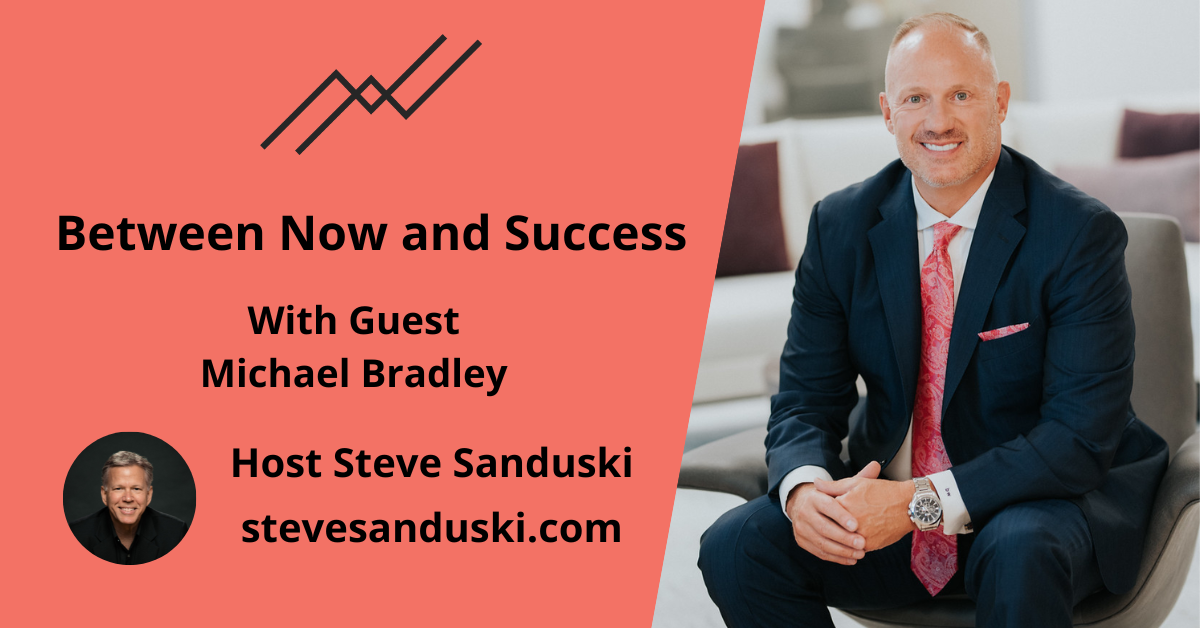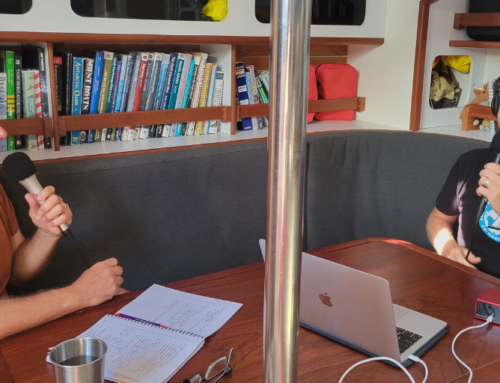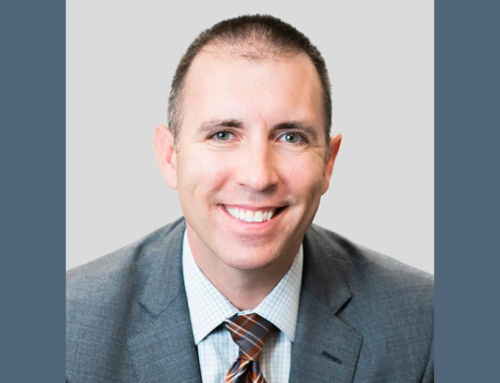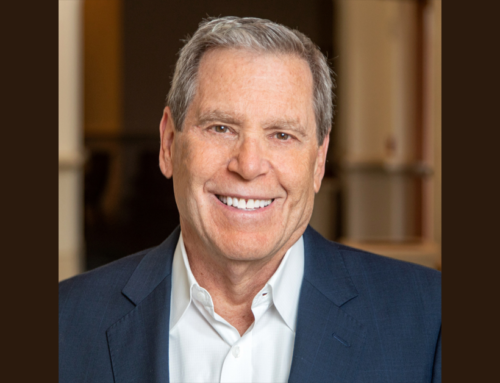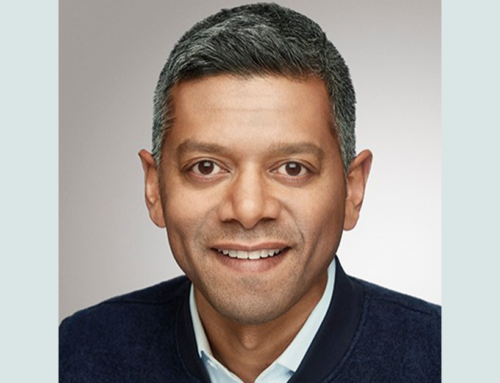Michael Bradley founded Bradley Wealth in 2002. Today the firm offers high-touch financial planning and alternative investments to high-net-worth clientele.
Michael and I have known each other since my days at Peak Advisor Alliance, and I was excited to catch up with him at the 2022 CAIS Alternative Investment Summit in Beverly Hills. We talked about his evolution from being a corporate executive for 15 years to starting his planning firm from scratch at the bottom of the Dotcom bubble. We also discussed why and how Michael made alternative investments a core part of his investment strategy.
“I wanted to do wealth planning differently.”
Michael spent the first 15 years of his career in corporate jobs. He took a buyout when the Dotcom bubble burst and decided to open his own financial services office with a focus on goal-based wealth planning.
“I knew that I wanted to do wealth planning differently,” Michael says. “We became a pure RIA around 2009 and I’ve grown the firm as a boutique with a real focus on high-touch service and providing an exceptional experience for our clients. I didn’t go into a wirehouse environment. I didn’t cut my teeth anywhere other than my corporate experience. I think that afforded me the business acumen and the ability to run a business, own a business, and learn a new skill set.”
It’s not easy for a young advisor who’s new to finance to convince people to let him manage their money, so building relationships and earning referrals were a big key to Bradley Wealth’s success. As his firm moved upstream, Michael says alternative investments and key tech investments became central to achieving his mission and generating more growth.
“Investing in technology has really been paramount to providing a seamless client experience,” Michael says. “Our sweet spot today is catering to business owners, C-suite executives, senior executives, entrepreneurs, people who are qualified purchasers or accredited investors.”
“Think differently about how you put money to work.”
In the early days of his firm, Michael says his allocations were pretty simple: some mutual funds, growth models ranging from conservative to aggressive, and third-party money management. But after the 2008-09 Financial Crisis, Michael decided that he wanted to take more control over the outcomes he was providing for his clients.
“That’s when I started thinking about alternative investments,” he says. “The Financial Crisis, that experience being very devastating for many people — much like today’s environment — really created an interest and a demand for looking at what other options were out there. And today, largely, people still aren’t aware that these options and choices exist. We have new clients coming into the firm that are absolutely qualified for an alternative allocation. They’ve been in traditional equities, they’ve been involved in the public markets. And when you go through what we’ve been through this year, it’s really eye-opening to a lot of people. With all the talk about the 60/40 model being broken, you have to think differently about how you put money to work.”
While the importance of increasing access to alternatives was a recurring theme at the CAIS Summit, Michael and the other advisors I spoke to also stressed the importance of matching the right investment to the right client. Even folks who clear the regulatory requirements to be an accredited purchaser need to understand how investing in things like hedge funds, private equity, and debt arbitrage are going to fit into their portfolios.
“Every client situation, of course, is unique,” Michael says. “Once we identify the client personality, the profile, their index, then we really kind of back into the conversation. Have you ever heard of alternatives? And if they haven’t, that’s usually a pretty lengthy discussion around what are alternatives, why we use alternatives, what types of alternatives exist. We lean into learning, we lean into education, and it just depends on the client’s appetite for wanting new ideas to protect and enhance their wealth beyond the traditional equity markets.”
“Our biggest success stories.”
Another common theme at CAIS was that, for many investors, the results from investing in alternatives speak for themselves. And that goes a long way towards helping clients feel more comfortable in the space, and also differentiating firms that offer alternatives from those that don’t.
“I think our biggest success stories across our client mix are all the clients that own alternatives, through this cycle, at various levels, at various investment amounts, have weathered far better,” Michael says. “I think any advisor out there that’s looking for a way to augment or prevent further erosion, or at least help soften the blow and buffer in this environment, should take a look at alternatives. There’s some really, really good capabilities on the CAIS platform and in other places.”
Want to view more content from CAIS’ Alternatives Investment Summit? Sign up for their learning platform, CAIS IQ.

